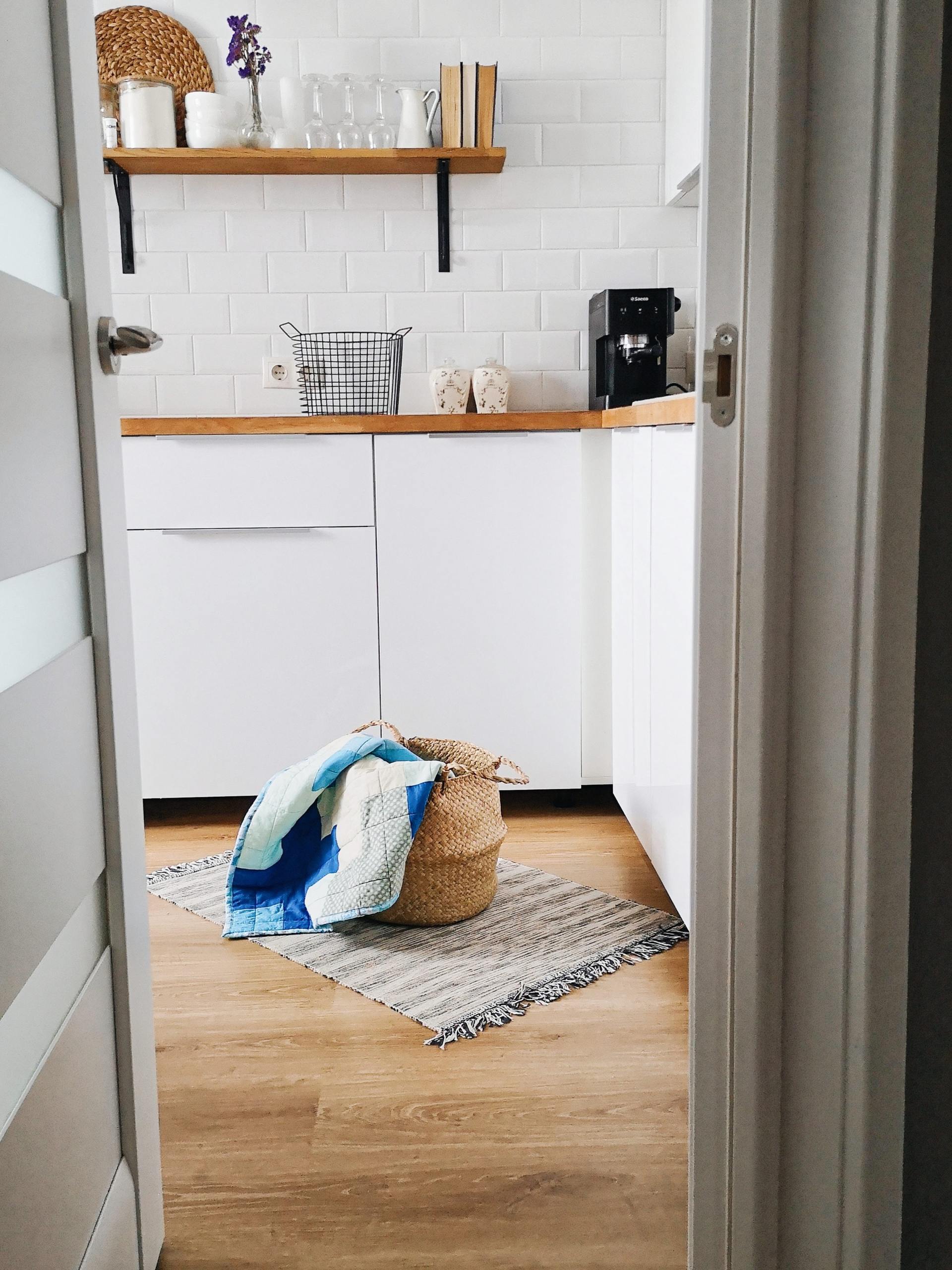When I first entered motherhood, I kept watching my seasoned mom friends with almost jealousy. I felt like I must be doing something wrong because it wasn't as easy for me. Turns out, that's not true at all. They just have these secret weapons (the 5 newborn parenting hacks) up their sleeves:
1. They Know What to Expect.
Not in that, “Oh yeah, babies are hard, I remember this” kind of way. More in a concrete, "I understand that this stage takes exactly two days to pass. I believe it will pass because there was a time three years ago that the very same thing happened and it passed." Things that are etched into their memories. Like:
Initial sleepy stage: 24 hours
Body screaming out in pain as baby learns to latch: 1 week
Breasts engorged and throbbing: 72-90 hours
Fussy Period 2 weeks old-3 months
Toddler tantrums 2 years – 3 years.
You know, that type of thing.
Now, have people written these estimates of time all over the internet? Of course. But if your baby arrives and you feel like none of that made a difference there's a reason why: it's because it’s hard to believe those stages really are just a stage until you've lived through them.
It’s like running a long race. If you’ve run one before, even if it was years ago, it still feels somewhat attainable in the heat of it. If you’re a race “virgin” it’s kind of hard to believe you will actually come out on the other side without collapsing. And if you haven't had a baby before, visualizing what's ahead and asking others about their experiences, plus reading credible information from reliable sources can make those early days easier.
2. They Focus on Keeping Their Brains Active Starting at Week One.
I spent so much time post-partum as a new mom sitting and watching TV. Alone. With my baby sleeping on me. It sounds cute and it was, for a few days. But, in the end, it was a bad thing to be isolated and mindless for so long.
Experienced parents set up a plan for what to do with their time. When baby number two came along, I made a commitment to turn off the TV and to turn on background music instead. I made playlists so I could already have music on-command that inspired and relaxed/energized me. I set up some (very light) contract work to do for a local health organization during my maternity leave. Tasks or mental engagement that is not stressful and not baby-related is so important for us, especially if you are used to being at work 40 hours a week.
3. They Prioritize Time for Themselves and Their Partners.
I remember a mom friend telling me she had booked a day of massages and pedicures for herself a month after her second daughter arrived and I felt slightly annoyed. She said she needed it. Really? What a seemingly selfish thing to do. But, in reality, she was doing herself and her family a huge favor. Taking small chunks of time for yourself as early on as possible is one of the best ways to keep yourself from feeling trapped as a new parent.
With my first child, I got myself so bogged down by month three that I stormed into my bedroom after a night of very interrupted sleep and announced that I was going on a week-long trip with or without my husband once my daughter turned one. It was a little drastic but, at the time, totally necessary for sanity. My first child was so colicky, I needed something to look forward to.
Looking back I see that if I had taken small breaks earlier on – a little trip to the coffee shop, a night out to dinner – it would have made a huge difference in my ability to stay resilient for the long-term. We did take that trip and, when I came back, I remember getting on the phone with my mother-in-law, who was incredibly supportive during those dog days of infancy. I told her, “I just feel so free. Like, if I need to leave for an hour or even a night, it’s no big deal. She’ll be okay and so will I.” I wish I had realized that earlier on.
4. They Get Help in Ways That Actually Are Helpful.
People always tell you when you have a new baby to get a lot of help. Take breaks, take turns with your partner, let others cook and clean for you, they say. Great advice, except that it often means, in the end, a house full of well-meaning people giving unsolicited advice and observations for about 3 weeks while you hold a screaming baby and tried to not completely lose it. I see the same with many of the new moms that come to me in clinic.
A potentially better plan? Let family and friends come in smaller spurts. Order take out instead of having people cook every meal for you or, sometimes, have them just drop it off and then go home.
Meaningful help might come from sources that seem less traditional, like a doula or a caregiver. We relied pretty heavily on our nanny when we had our second baby. She was someone I knew would be respectful of our family process, would provide continuity for our eldest and would not stress out easily. It's not that your loved ones are not important, it's that sometimes there is an extra layer of complexity to their constant involvement early on.
You're an extrovert? It will make you depressed to not have a posse around you at all times? Great. Let 'em help. But, if not, let the newborn period be your first lesson in exercising parenting boundaries: doing what will work the best for you and your family, even if it doesn't please every single person you know.
5. They Understand the Strengths and Weaknesses of Their Partners.
Parenting is a balance of tasks and responsibilities and one partner may have more skills or patience for some of them. My spouse is wonderful at taking the reigns with our toddler. He can make a three-course dinner with grace. He can hold and change the baby deftly during the day. But, at night, especially once he went back to work, asking him to fully participate on an equal basis was like asking a slumbering bear to rouse himself from his cave in the middle of winter.
The choices I felt I had at the beginning? Yell at him (over and over) to please wake up OR do it all myself. Both made me resentful, to be honest. Instead, I settled on a more strengths-based plan: If he could just get her out of the bassinet and change her the first few times she woke (plus obviously stay up and problem-solve with me when we had a rough night), I would handle the rest of the night shift. In the day, he could do a little more baby holding while I rested and nursed.
Why did it take me until my second child arrived to realize this was a more workable and, in the end, satisfying plan? Because the first time around, I was way too focused on precise equality and task-sharing, not considering that he would happily take the lead during the day if I would just let the man sleep a little more at night.
Second-time parenting brings its own challenges (read more here) but at least you have the basics down. As a new mom or dad, there's a lot to learn. Thank goodness there are others who have paved the way, whose secret weapons can be adopted early on and who are, just like you, earning their stripes along the way.
Here are a few other great reads from the MMD Blog:
Surviving The First 6 Months With Your Baby: 8 Tips for Success
Preparing For Baby: What You Really Need To Know Before Baby Arrives
Want more help winning at parenting without losing yourself?
Check out our self-care and newborn care courses!















